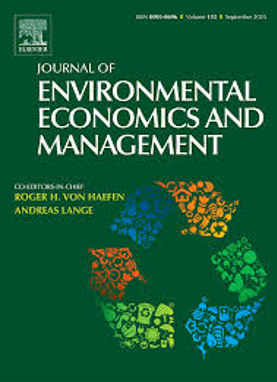
Abstract
Transit fare subsidies can be justified as a second-best policy to address automobile-related externalities. Yet, evidence of fare subsidy effectiveness in shifting users from cars to transit, particularly in low- and middle-income contexts, remains limited. This study leverages a large-scale quasi-natural experiment in Brazil, a developing country with high public transit usage, to evaluate the causal effects of a full fare subsidization on travel behaviors among older adults. Utilizing a regression discontinuity design based on age-based eligibility thresholds that vary by sex and city, we analyze data from 11 household travel surveys covering seven metropolitan areas and approximately 25 % of the Brazilian population. By comparing individuals just above and below eligibility thresholds, we assess changes in trip frequency, duration by transport mode, and vehicle ownership. Results indicate fare-free transit eligibility increases older adults’ public transit ridership by approximately 7.1 %, with transit trips becoming 7.3 % shorter. However, the rise in transit use predominantly reflects substitution away from walking, which decreased by 8.2 %. Importantly, we find no significant impacts on car usage or vehicle ownership, suggesting that fare-free transit policies may have limited effectiveness in reducing automobile use and related externalities in such contexts.